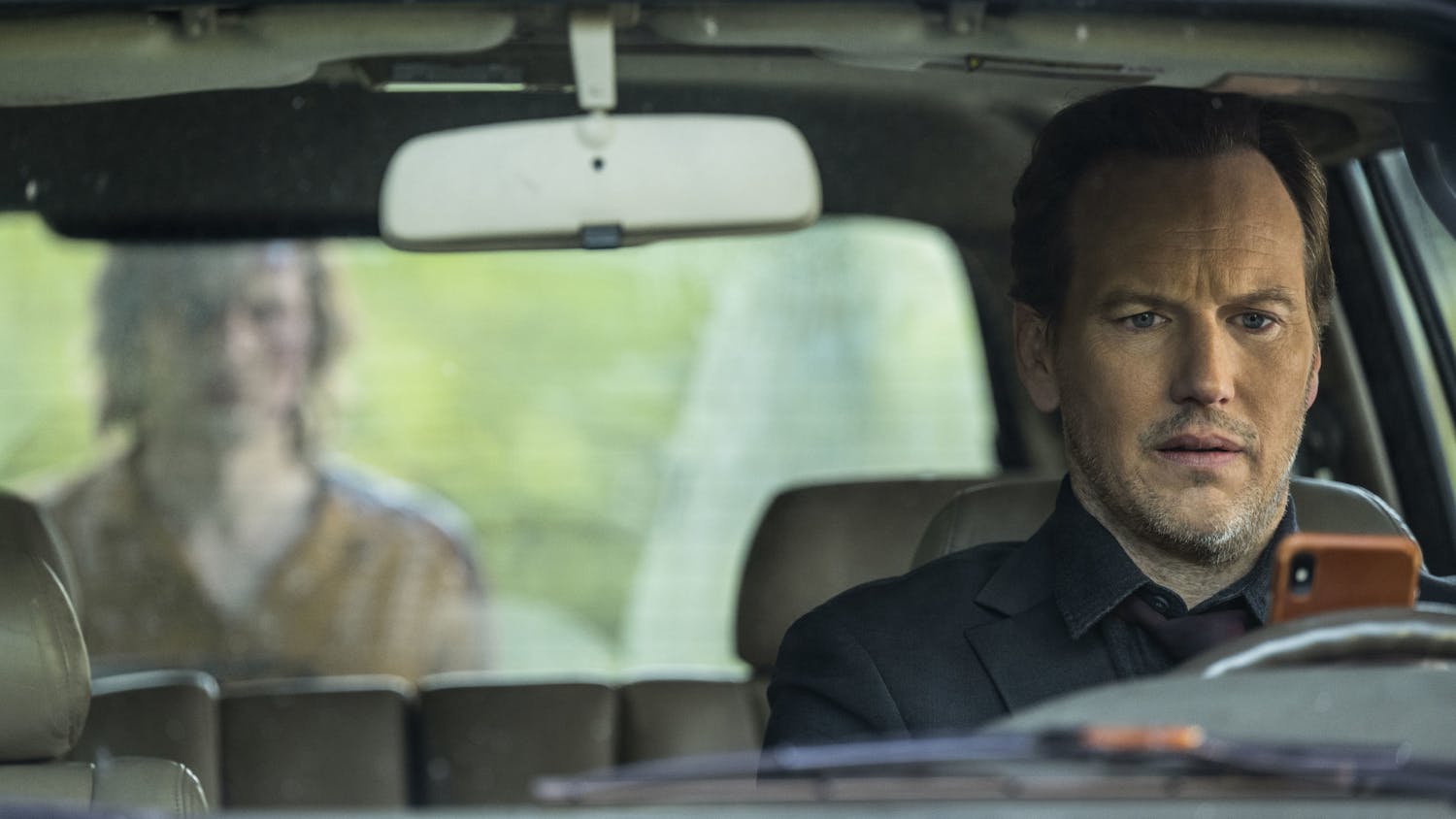It's been 25 years since IU was featured predominantly in a movie. That movie -- 1979's "Breaking Away" -- was a coming-of-age film set in Bloomington. Bill Condon's "Kinsey," a biographical account of the controversial IU professor and renowned sex researcher Dr. Alfred Kinsey, is a coming-of-age film set in Bloomington as well, but of a completely different variety; in "Kinsey," we're not given a glimpse of four local boys leaving adolescence, but rather we're given a peephole into the story of a man who veritably launched a cultural revolution in the name of science.\nOf course, "Kinsey" is no more about IU than "Breaking Away" was. It's a stirring, nuanced portrait of a driven scientist, in a relentless pursuit of intellectualism much to the chagrin of puritans, the government and fellow researchers, who just happened to work at IU. But the movie's fruit falls so close to the tree it's a unique, proud treat for the community which served as ground zero for sexology.\n"Kinsey," an official selection of the 2004 Toronto Film Festival, is a predictable Oscar-contender, with strong performances all around and sharp writing. The Oscars are familiar ground for director-writer Condon, who snagged the golden statuette for writing his 1998 film "Gods and Monsters." Condon puts that same attentive scriptwriting care into crafting his version of Kinsey, following the doctor's life as reported by Jonathan Gathorne-Hardy in the book "Sex -- the Measure of All Things: The Life of Alfred C. Kinsey."\nLiam Neeson, in his finest performance since "Schindler's List," plays Kinsey with searing subtlety, as a man who tried to be void of emotion when examining an inflammatory topic. Neeson keeps Kinsey cold and clinical, despite the raw sensations he experienced in his personal life, with emotion rumbling below the surface.\nIn "Kinsey," actress Laura Linney proves she really does belong in the same league of actresses as Meryl Streep and Sally Field. Linney, costarring as Kinsey's wife Clara McMillen, is the perfect complement for Neeson and portrays a woman willing to rein in an obsessive husband out of love. Peter Sarsgaard rounds out the impressive prominent cast as a research assistant who seduces both Kinsey and his wife.\nCondon is perhaps guilty of making "Kinsey" too compartmentalized. He has more material here than a two-hour movie can hold. Heavy stars are brought in (Timothy Hutton, Chris O'Donnell, Tim Curry and Oliver Platt as IU president Herman B Wells), but for only a small share of scenes. Because his sense of pacing is sharp, Condon could have easily tacked on an extra half-hour or hour to develop the surrounding characters who influenced Kinsey, and the movie wouldn't have suffered for it.\nEven today, half a century after Kinsey first published his 1948 study "Sexual Behavior in the Human Male," "Kinsey" the movie may strike a few chords of discomfort and controversy. It is very frank and uninhibited in its discussion and portrayals of sex, definitely deserving of its solid R rating. But clearly it is also a touching movie, with lots of defusing humor, for which it must be praised for handling as gracefully and as smartly as the topic of sex itself.\nFortunately, and adeptly so, the acting, writing and story-telling of "Kinsey" doesn't fall into the lame-duck fare of most biopics (I'm thinking here of "Ali," "Pollock" and "Frida," among many others). But it isn't a film which retreats from the conventions of a biography movie, either, and instead embraces an already solidified genre.\n"Kinsey" is a nicely balanced piece of cinema, examining not only the life and the work of its subject, but why those in particular make the subject especially worthy of the audience's time.
Oscar-worthy film is a poignant portrait
Biopic excels in solid writing, directing

Get stories like this in your inbox
Subscribe





